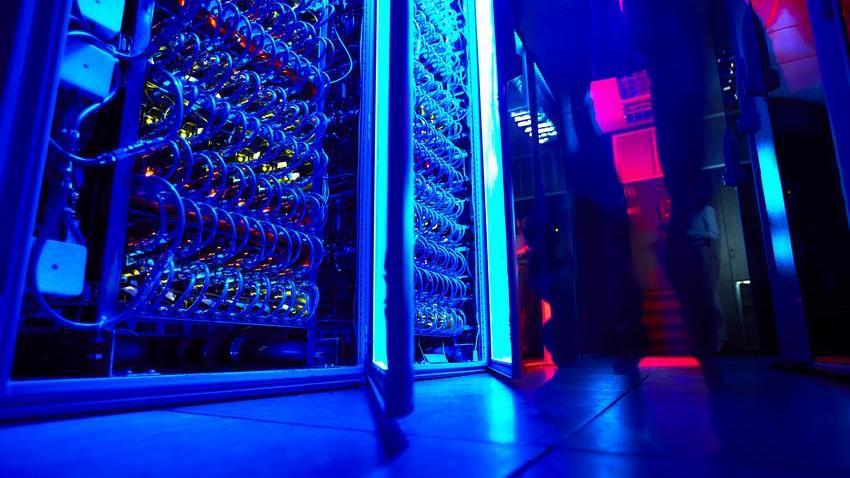
Research Area Highlights Importance of Foundational AI
In recent years, advancements in artificial intelligence (AI) have skyrocketed, along with interest in the field.
To keep pace with this growth, the School of Computer Science (SCS) has renamed its Foundations of Machine Learning research area to Foundations of Artificial Intelligence (FoAI).
Professor Constantine Dovrolis, FoAI coordinator, says the evolution reflects the broader field of AI, where machine learning is only a subset.
“We wanted to change the name to be more inclusive and open to different perspectives in the broader AI area,” he said.
FoAI focuses on the fundamentals of AI, which the updated name reflects. It includes researchers involved in many aspects of AI, including computing systems hardware and software, data systems and analytics, formal methods, and theory.
“It has been exciting to see the FoAI area take off in our school after a deep-dive discussion in a faculty retreat,” said SCS Chair Vivek Sarkar. “We look forward to contributing to Georgia Tech's overall advancement in AI from a foundational perspective.”
Assistant Professor Alexey Tumanov, who assisted in the creation of the area, says he has seen a lot of growth in fundamental AI since its beginning.
“I think it has solidified itself as a very solid pillar alongside the existing areas in the School of Computer Science. So, I think that it's going to become even more popular and even more active in the next couple of years,” he said.
Tumanov’s Systems for Artificial Intelligence (SAIL) Lab works across the AI stack, but most of its projects fit within the intersection of systems and machine learning.
Associate Professor Yingyan (Celine) Lin utilizes the objectives of efficiency and enhanced capabilities within AI through her leadership of the Efficient and Intelligent Computing (EIC) Lab.
"The future of AI rests on its foundational principles prioritizing efficiency, sustainability, explainability, and trustworthiness to amplify its capabilities and societal impact. The creation of the area of FoAI in our school is a visionary step that arrives at a critical juncture," Lin stated.
Professor Santosh Vempala is also a member of FoAI and has interests relating to the field, including machine-learning theory and randomness.
Vempala is interested in a theory of the brain and how it relates to AI. He has been working to create a model of the human brain to mathematically understand how its processes work.
“With the impressive developments going on with AI right now, maybe the biggest concern is the lack of foundations. We don’t understand how many things work or when they work. Developing the foundations of general AI is a critical need for the future,” Vempala said.
Assistant Professor Kexin Rong’s research focuses on making large-scale data analysis more efficient and accessible for users at all skill levels. Her research group develops systems and algorithms to address data management challenges that arise in data collection, preprocessing, model training, and validation.
Rong says she finds the FoAI research area to be open for collaboration.
“There’s lots of interest from students and faculty about this area and I’m excited to see where it goes next,” Rong said.
Professor Vijay Ganesh works with automated reasoning, or solvers, which is part of symbolic AI. Solvers are useful in helping make AI systems trustworthy and secure. They also impact other areas of computer science such as software engineering.
"Foundations of AI is a very important area because it focuses on problems that are cross-cutting and foundational to the entire field of AI,” Ganesh said. “These include the problem of how one can make AI systems trustworthy, secure, and resilient.”
Other SCS faculty involved in FoAI include: Jacob Abernethy, Joy Arulraj, Suguman Bansal, Xu Chu, Anand Iyer, Ling Liu, Stephen Mussmann, and Sahil Singla.
Research areas in the School are groups focused on a specifical field of computer science. Areas are interdisciplinary and faculty members often belong to more than one. Other SCS research areas include: Computer Architecture, Data Systems and Analytics, Networks, Programming Languages and Software Engineering, Systems, and Theory.


